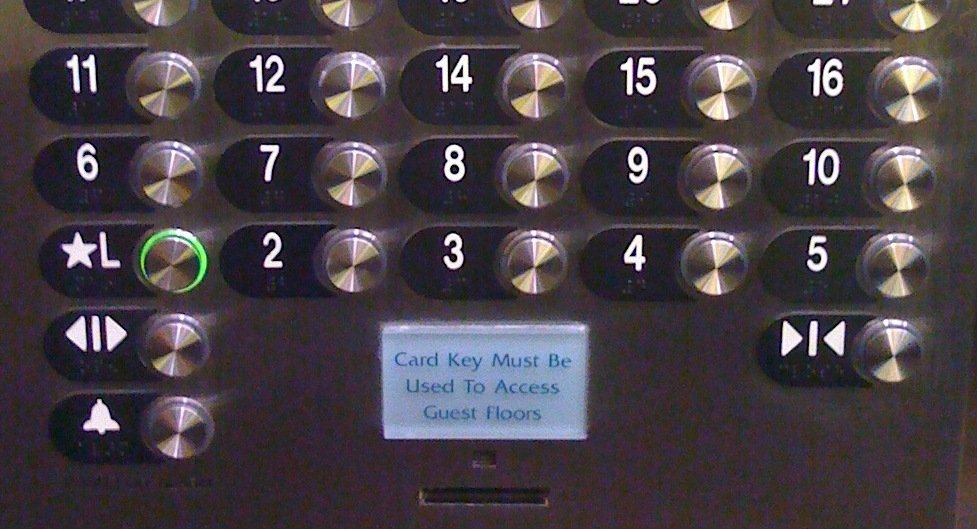22 May 2023
Triskaidekaphobia is the fear of the number thirteen or the superstition that the number is associated with bad luck and misfortune. The term is a modern coinage from Greek roots: τρεῖσκαιδεκα (thirteen) + -phobia.
In early use, the term is generally spelled triakaidekaphobia, and the earliest use I have been able to identify is from Tuke’s 1892 Dictionary of Psychological Medicine under the entry for neurasthenia:
Were we to carry this absurdity further, we might distinguish a much greater number of conditions of fear: scopophobia and klopsophobia, the fear of spies and thieves; thanatophobia, the fear of death; necrophobia, the fear of the dead and of phantasms; triakaidekaphobia, the fear of the number thirteen, &c., but what should we gain?
The earliest use with the < s > spelling that I know of is in Worcester, et al.’s 1908 Religion and Medicine: The Moral Control of Nervous Disorders:
To enumerate them were impossible; for a phobia may attach itself to almost any object or idea. Among the more common are “monophobia,” fear of being alone; “claustrophobia,” fear of narrow places; agoraphobia,” fear of broad or open places; “ereuto- phobia,” fear of blushing; “triskaidekaphobia,” fear of the number 13; “mysophobia,” fear of dirt or microbes; “nosophobia,” fear of disease.
Sources:
Wilson, Douglas G. “[Antedating] Triskaidekaphobia (1908).” ADS-L, 15 March 2009.
Oxford English Dictionary, second edition, 1989, s.v. triskaidekaphobia, n.
Tuke, D. Hack. A Dictionary of Psychological Medicine, vol. 2 of 2. London: J. & A. Churchill, 1892, s.v., neurasthenia, 844. HathiTrust Digital Archive.
Worcester, Elwood, Samuel McComb, and Isador H. Coriat. Religion and Medicine: The Moral Control of Nervous Disorders. New York: Moffat Yard, 1908, 281. HathiTrust Digital Archive.
Photo credit: Yoshimasa Niwa, 2009. Wikimedia Commons. https://commons.wikimedia.org/wiki/File:Elevator_panel_with_no_13_(cropped).jpg Licensed under a Creative Commons Attribution 2.0 Generic license.

